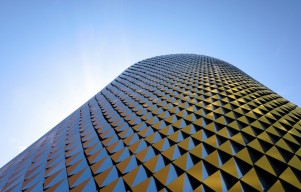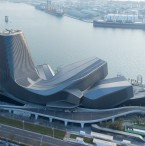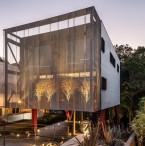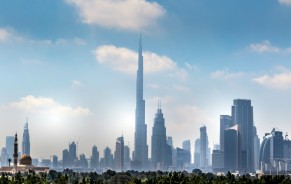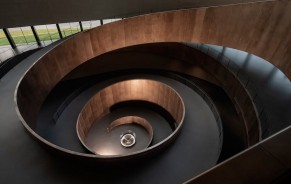Well-to-do Chinese business people are lining up for one-hour voyages into space, and tour operators say China is set to become the world's largest market for the incipient space tourism industry, reports The New York Times.
In June, Sheng Tianxing, with a single click online paid $100,000, about a third of his annual income, for a seat on a rocket that will carry him into space.
Already, more than 30 mainland Chinese have purchased or made down payments of 50 percent on tickets for journeys offered by XCOR Aerospace, a company based in Mojave, California, that plans to begin operating suborbital flights late next year.
The tours went on sale in China in December, two years after the company began selling them, and one in ten of all bookings have been by Chinese citizens, according to Dexo Travel, the Beijing-based sales agent in China for the trips.
The notion of traveling amid the stars has captivated a segment of the Chinese public just as it once fascinated Americans who were riveted by Neil Armstrong's first steps on the moon, reports The New York Times.
"There are wealthy people everywhere in the world, but there are not so many wealthy people who also dream of going into space," said Alex Tang, chief executive of XCOR Aerospace's Asia operation. China, he said, had both.
In a survey this year of more than two hundred Chinese luxury travelers by the Shanghai-based research firm Hurun, about 7 percent said they hoped to visit space within the next three years.
Mr. Tang attributed the Chinese passion for space travel to the recent successes of the nation's space program. "Many want to go to space like Yang Liwei," he said, referring to the astronaut who circled the Earth in 2003 and came home a national hero for bringing China into the ranks of space-faring nations.
After Tong Jingling, a 40-year-old banker, booked a ticket in April, she started getting invitations from businesses to be their spokeswoman, she said. One company asked her to conduct medical experiments while in space.
Ms. Tong, a graduate of Beihang University, has capitalized on the attention by trying to launch several crowd-funded ventures. One would arrange weddings in space. Another would produce a reality television show in which contestants compete for a ticket for space travel.
After long delays caused by technical and safety issues, XCOR Aerospace and Virgin Galactic, founded by the British entrepreneur Richard Branson, say they are planning flights next year.
Because Virgin Galactic spacecraft are powered by rocket engines manufactured in the United States, that use technology considered to have potential military applications, citizens from 22 countries, including China, are barred from traveling on them.
The Chinese interest in space tourism is expected to increase further once the first civilian flights are underway.




